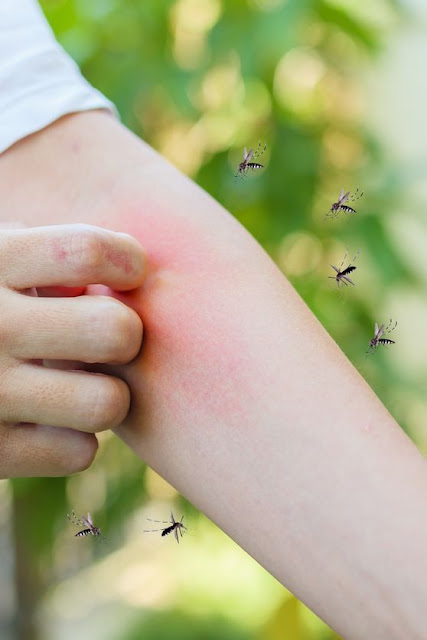Introduction:
In recent years, the dengue virus has emerged as a significant health concern in Florida, posing a threat to residents and visitors alike. The Dengue virus Florida outbreak has raised alarms, prompting authorities and communities to take proactive measures to combat its spread. In this article, we delve into the intricacies of the Dengue virus, its impact on Florida, and essential preventive strategies to safeguard against this mosquito-borne disease.
Understanding Dengue Virus Florida: The Dengue virus, transmitted primarily by the Aedes mosquitoes, has become increasingly prevalent in Florida, particularly in urban and suburban areas. This arbovirus poses a significant public health challenge due to its rapid transmission and potential for severe complications. Cases of Dengue virus Florida have been reported across various counties, highlighting the urgent need for comprehensive control measures.
Symptoms and Risks: Recognizing the symptoms of Dengue virus Florida is crucial for early detection and prompt treatment. Common signs include high fever, severe headache, muscle and joint pain, rash, and fatigue. In severe cases, Dengue can lead to dengue haemorrhagic fever or dengue shock syndrome, which can be life-threatening without timely medical intervention. Residents and travellers in Florida must remain vigilant and seek medical attention if experiencing symptoms suggestive of Dengue infection.
Preventive Measures: Preventing Dengue virus Florida transmission relies heavily on effective mosquito control and personal protective measures. Eliminating mosquito breeding sites, such as stagnant water sources, is paramount in reducing mosquito populations. Additionally, using insect repellents, wearing protective clothing, and installing screens on doors and windows can help prevent mosquito bites. Community-wide efforts, including public awareness campaigns and community clean-up drives, are vital for combating Dengue transmission at the local level.
Environmental Impact: The Dengue virus Florida outbreak underscores the intricate relationship between human health and the environment. Climate change, urbanization, and inadequate waste management contribute to the proliferation of Aedes mosquitoes and the spread of Dengue virus. Addressing these environmental factors through sustainable urban planning, waste reduction initiatives, and mosquito control programs is essential for mitigating the impact of Dengue and other vector-borne diseases in Florida.
Public Health Response: In response to the Dengue virus Florida outbreak, public health authorities have implemented various measures to control mosquito populations and educate the public about preventive measures. Mosquito surveillance programs, larvicide application, and fogging operations are conducted to reduce mosquito breeding sites and minimize transmission risk. Furthermore, healthcare providers are trained to recognize and manage Dengue cases effectively, ensuring timely diagnosis and treatment.
Community Engagement: Community engagement plays a pivotal role in combating the Dengue virus Florida outbreak. By fostering collaboration between residents, local authorities, and healthcare professionals, communities can implement sustainable mosquito control strategies and raise awareness about Dengue prevention. Engaging in community clean-up activities, supporting mosquito control efforts, and educating others about the importance of preventive measures can help build resilient communities in the face of Dengue and other infectious diseases.
Travel Considerations: Travellers to Florida should be aware of the risk of Dengue virus transmission and take appropriate precautions to protect themselves from mosquito bites. Packing insect repellents, wearing long-sleeved clothing, and staying in accommodations with screened windows can reduce the risk of Dengue infection while visiting Florida. Additionally, staying informed about Dengue outbreaks and adhering to local health advisories can help travellers make informed decisions about their itinerary and activities.
Conclusion: The Dengue virus Florida outbreak serves as a stark reminder of the ongoing threat posed by vector-borne diseases and the importance of collective action in disease prevention. By understanding the risks associated with Dengue infection, implementing preventive measures, and fostering community engagement, we can mitigate the impact of Dengue and create safer, healthier communities in Florida and beyond. Together, we can work towards a future where Dengue virus transmission is a thing of the past, safeguarding the well-being of all who call Florida home.


